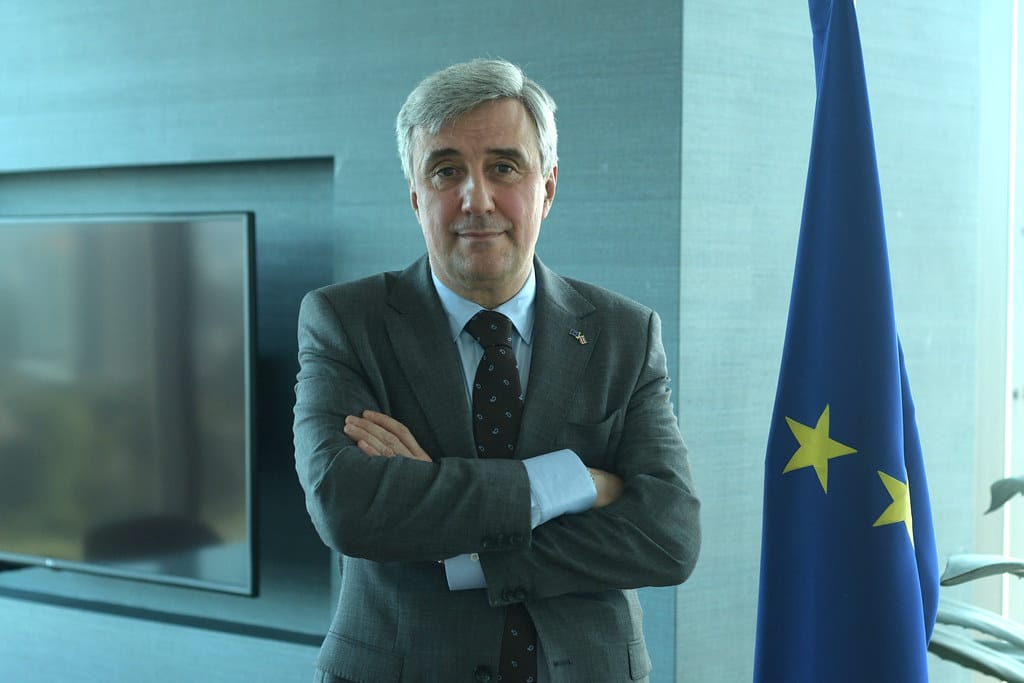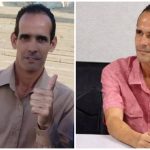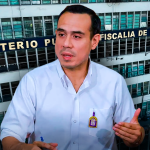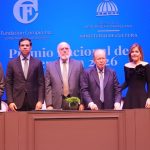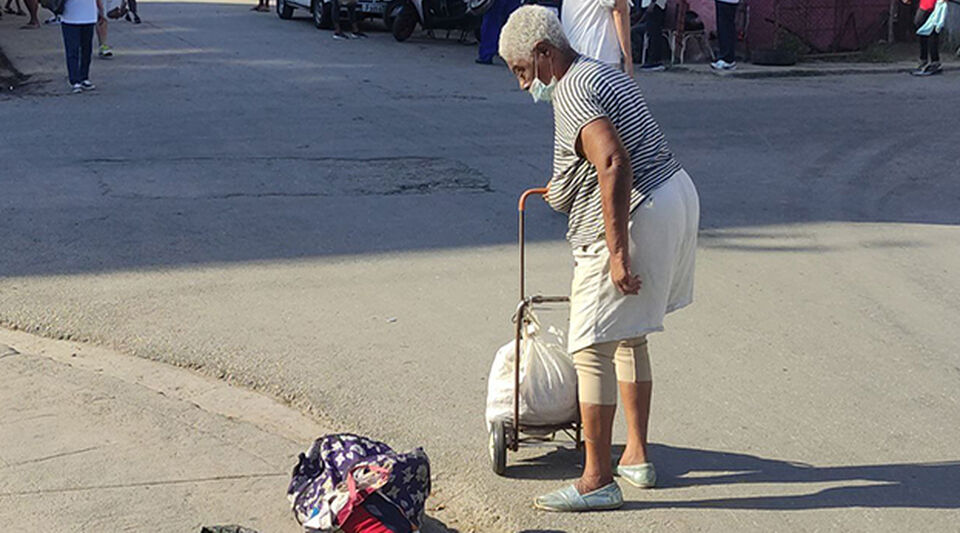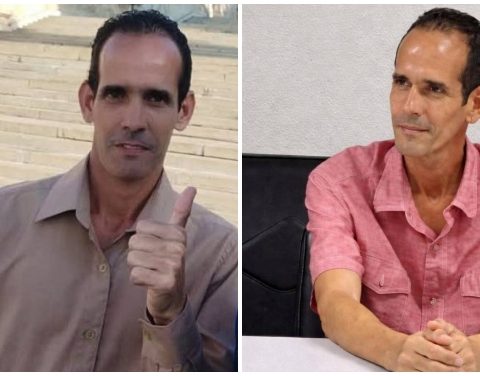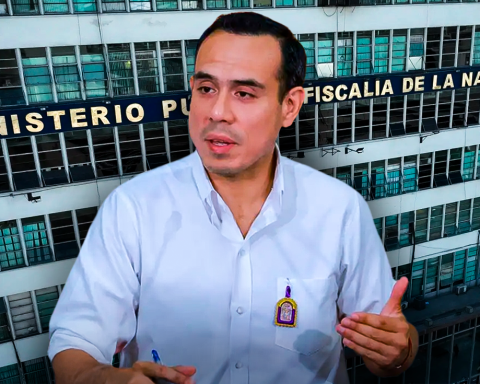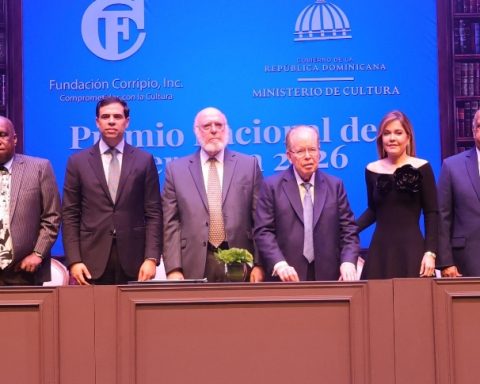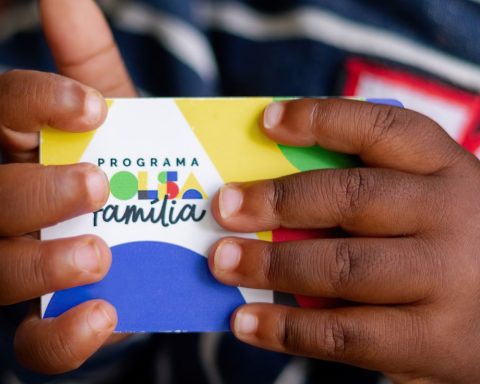Neither the convictions of dozens of political prisoners in the closed-door trials held in El Chipote, nor the Russian military invasion of Ukraine that has caused an emergency in Europe, have diverted the attention of the 27 countries of the European Union in their demands before the authoritarian regime of Daniel Ortega.
This Monday, the spokesman for the European Union, Peter Stano, demanded the release of all political prisoners in Nicaragua and the annulment of the spurious trials. A day later, Javier Niño, director for the Americas of the European External Action Service, headed by High Commissioner Josep Borrell, ratified the position of the 27: “The immediate release of all political prisoners; the return to Nicaragua of all the organizations that work in the field of human rights, and thirdly, encourage the regime to dialogue, and these messages are not going to be affected in any way by what is happening in Ukraine.”
During a working visit to San José, Costa Rica, Niño gave an interview to CONFIDENTIALin which he lamented that by closing relations with Spain and expelling the apostolic nuncio, the Ortega regime “is closing the spaces for dialogue and negotiation, and this attitude of isolating itself is obviously wrong and can never lead to the improvement of well-being from Nicaragua”.
Borrell’s envoy for Latin America also spoke about the sanctions that the European Union has approved against 21 high-ranking officials of the Ortega regime and three state entities, and the European expectation regarding the Special Mechanism that Michelle Bachelet promotes at the UN, to investigate the human rights violations in Nicaragua.
This Monday the European Union spoke out, demanding the annulment of the prison trials and sentences against political prisoners so that they obtain their unconditional freedom. What impact can a political declaration like this have, in the face of an authoritarian regime like Ortega’s?
Hopefully they would have an immediate and significant effect in the sense that the regime would rethink this type of decision, this type of attitude that threatens, from our point of view, the most intrinsic values of human rights and fundamental freedoms.
It is true that, unfortunately, there is little reason to be optimistic, because what we have seen lately is rather a worsening of the situation, a deterioration.
But this type of communication allows us to achieve a double objective as the European Union, the first, to persist in a message that we have sent systematically in recent years, denouncing the current situation in Nicaragua, of extreme concern about what is happening in these fields of respect for democratic principles, fundamental rights, basic freedoms; and second, also, directly or indirectly, to send a message of solidarity to all those, to all those who fight in tremendously difficult conditions, who often pay with their lives for that fight to return democracy to Nicaragua. And I believe that these two objectives have already been met, hopefully the third can be met soon.
In an extreme situation, such as the one you are describing, are other forms of pressure contemplated that could have some impact on the suspension of the police state in Nicaragua, or the recovery of freedoms?
Yes, of course we do and have seen them in the past. At this time, with the second round of sanctions that have been adopted in recent months, there are 21 people linked to the regime, even close to President Ortega’s family circle, who have been sanctioned and three entities (the National Police, the Supreme Council Electoral, and the Institute of Telecommunications).
And, of course, depending on the evolution of the facts, because it is another clue that we could explore, but it is all part, even, of a strategy, especially of asserting principles; and a concerted strategy with a large part of the international community, of denouncing the excesses of the regime, of requesting urgent change, and we hope that this pressure may ultimately have an effect on President Ortega’s regime.
How does the European Union see the initiative promoted by Michelle Bachelet in the UN Human Rights Council to create a permanent Special Mechanism on the human rights crisis in Nicaragua?
It is a recent proposal that we are analyzing. But, I insist, everything that involves subjecting President Ortega’s regime to international scrutiny systems, and above all in entities of such prestige and led by a person like former President Bachelet, is a proposal that we will study very carefully.
This has to be a concerted strategy at the international level, of course, with partners with whom we have been working for many years, but at all levels, at the United Nations level; At the OAS level, in which this type of situation can be analyzed, and also at the regional level, we also want to speak and dialogue with actors from Central America, the Caribbean and South America, to see how everyone, through a a joint call to common sense, to sanity and against injustice, can be made, or the regime can be convinced that it has to change its attitude and has to change its policies.
In the last days Daniel Ortega It has practically put diplomatic relations with Spain at a standstill, and also expelled the Vatican’s apostolic nuncio from the country. How does this closure of diplomatic spaces affect the evolution of this crisis?
It is one more element of despair. This topic is very important. The European Union as an international actor has a series of basic principles, one of which is to always be open to dialogue, and it will always be open to negotiations and anything that is a process of exchanging opinions. And we note, with tremendous frustration, that these spaces are closed to us in Nicaragua.
We are capable of speaking with very difficult regimes, with which we do not have any type of ideological collusion, but I insist, in practically all the countries of the world we are capable of finding spaces for dialogue, spaces for agreement. Unfortunately, this is not the case in Nicaragua. The European Union firmly believes that this is an attitude of isolating itself, of closing the dialogue, it is obviously wrong and that it can never lead to the improvement of Nicaragua’s well-being.
And hopefully there will be a change of attitude in the regime of President Ortega. But I insist, so far what we can see is a great frustration, a total refusal of a sincere dialogue, a dialogue that can be respectful, even if we assert our principles, but a sincere dialogue, to find together a way out of this situation so dramatic.
At this moment, Europe, and the entire world, are focused on the Russian invasion of Ukraine, with which the Ortega regime is aligned. Can this divert attention from the crisis in Nicaragua?
Obviously, the Russian invasion, which is a brutal aggression against an independent country, is an issue that is going to be a priority in the European Union for many reasons: for humanitarian reasons, for political reasons, for security reasons, but in no case do we This should lead to stop paying attention to dramatic situations that occur in other countries.
I insist, the issue of Nicaragua is an issue that brings together an absolute consensus at the level of the 27 member states in the sense that I spoke before, of persisting in our three fundamental messages, which is the immediate release of all political prisoners, the return to Nicaragua from all the organizations that work in the field of human rights, and thirdly, I insist, to encourage the regime to dialogue, to reform, and those messages will continue to be the same and will not be affected in no way because of what is happening in Ukraine.
The economic, political, financial sanctions that the European Union and the international community are imposing on the Putin regime, and the Russian oligarchs, could this have any repercussions on Putin’s allies in Latin America, as in the case of Nicaragua?
What we want to believe is that countries like Nicaragua, other countries that have abstained in recent votes when the resolution (condemning the invasion) was proposed, become aware of the situation and what it should lead us to. What we are seeing is a brutal aggression from one country to another sovereign country, a military and physical invasion, and what we hope (is) that countries like Nicaragua have a minimum decency in respecting basic principles of international law, such as the right to the physical integrity of independent countries (sovereign countries); and hopefully that Nicaragua’s abstention in the United Nations opens the door to a much more negative evaluation than the one that has occurred, of what has been the Russian invasion; Hopefully, because I believe that no country that says it respects international law can, in any way, be an accomplice or even, I insist, not explicitly condemn this brutal act.
